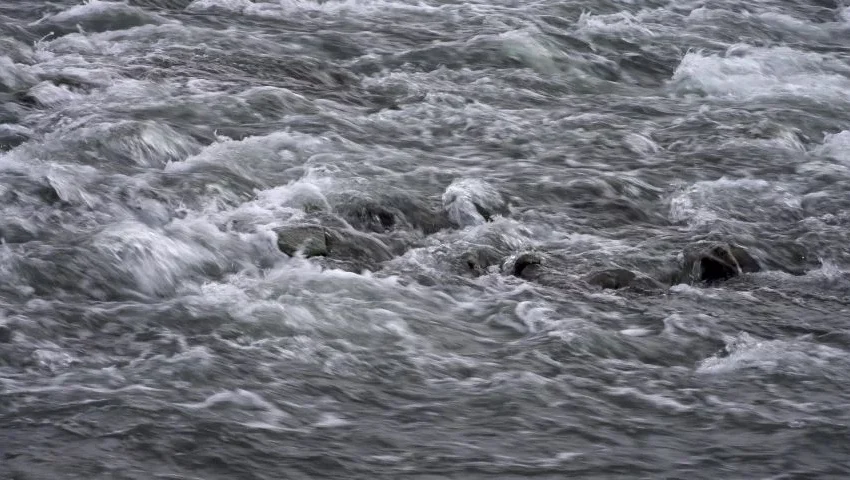
Ultimately, accommodation relates to learning from the context and environment in which we are operating. The context and environment are teaching us through the mistakes that we make. It is when we fail that we learn most about the context in which we are operating—especially in a whitewater environment. It is also important to recognize that we must never just accommodate. The chariot in which we are riding and the shell we carry with us must never be abandoned. We are always accommodating (and learning) on behalf of some enduring mission and purpose—as Peter Vaill reminds us. Thus, we can blend accommodation and assimilation.
We can review and appreciate our past successes in a similar whitewater setting. We can reflect on and learn about ourselves as a learner and successful accommodator. We can appreciate our own skill as a “change agent” – especially when the change is occurring inside our own head, heart and actions that we take. All of this is a major challenge for those of us who are navigating a whitewater world. The challenge is a little easier to address when (to quote the Beatles) we “get a little help from our friends.”
Learning in Each of the Four Turbulent Systems
Each of the four systems operating in a whitewater environment require a somewhat different approach to learning – and each system offers us a different “lesson plan.”
System One–Rapid Movement: this system requires learning in “ultra-drive.” Peter Vaill writes about continual learning (Vail, 1996, pp. 79-80) For Vaill this means learning that is interconnecting all sources of meaning. It involves a sustained openness to new experiences—which is certainly to be found when navigating a rapidly-moving river. Often mediated by computerized (“on-line”) instruction, the navigator of whitewater environments tends to rely on just-in-time learning. As Vaill notes (1996, p. 76), on-line learning tends to “de-institutionalize” the learning process. It can occur at any time and in any place. There is no need for a classroom or a formal instructor. We know that this form of “just-in-time” learning tends to be more effectively retained and used then learning which occurs in a formal educational setting (Bergquist, creating the appreciative organization).
There is another important advantage associated with on-line education. Since it can occur “just-in-time” there is likely to be shorter gap of time between the need for new ideas and the delivery of these ideas. This leads to the potential for greater organizational agility if this orientation to learning is shared among all members of a system. We can begin to identify and promote collective agile intelligence that enables a team to learn fast, think fast and adjust fast—abilities that are clearly needed when navigating the rapidly moving subsystem of a whitewater river.
System Two—Cyclical Movement: Peter Vaill (1996, pp. 84-85) identifies what he calls “reflexive learning.” This type of learning seems to “come naturally.” It is a tacit form of learning that enables us to “know” which setting are most amenable to learning for us. Reflexive learning also occurs when we gain a clear sense of how we best cope with pains, frustration and disappointment in our work and life. We “know in our bones” what the limits are regarding our openness to new learning and new challenges in our life. All of this reflexive learning occurs because we repeatedly arrive at the same place in our work and life. We live in cycles and can learn profound things while living again and again through these cycles.
Download Article














